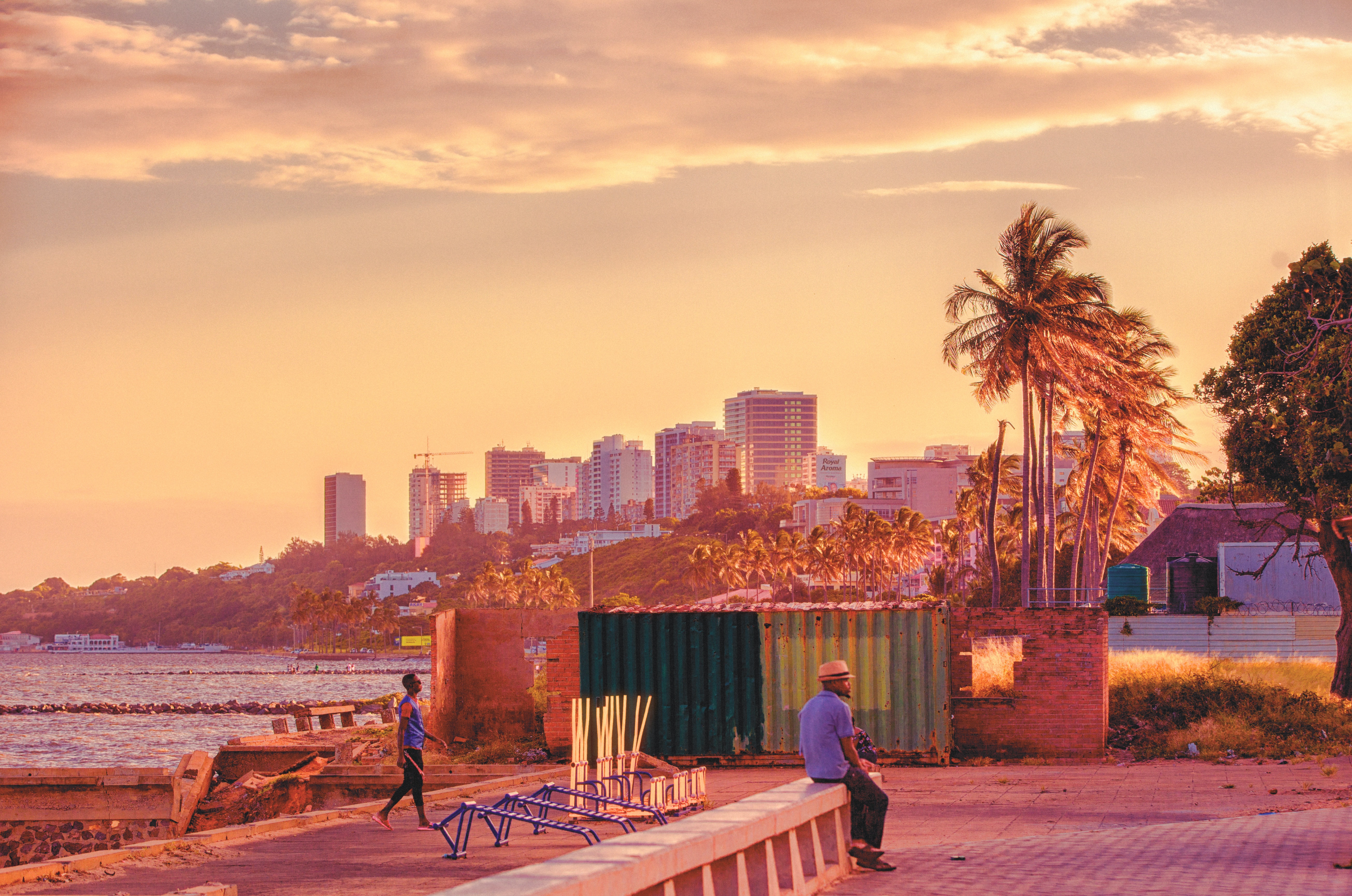
Our Nightly Bread’: women and the city in Ricardo Rangel’s photographs of Lourenço Marques, Mozambique (1950s-60s)

Ricardo Rangel’s photographic study of the Rua Araújo and red-light district near the harbour in late colonial Lourenço Marques (Maputo) poses new questions around the debates in African historiography regarding ‘women in the city’. The area itself (with clubs, bars, cabarets) was broken up soon after Independence (1975) in the wake of a postcolonial phase of purification under the new Marxist-Leninist government of Frelimo, and has only recently been resurrected. Thus, Rangel’s rich photographic oeuvre presents certain possibilities for interpretation and historicisation, with a feminised economy of the night at the heart of the city. Rangel presents viewers with a very porous and bohemian sense of the city. His work suggests a thick, interlocking space of critical commentary, with artists and intellectuals engaged in a kind of moral aesthetics that is replaced by a mode of ascetic morality under the new postcolonial regime.
Reference
Hayes, P. (2023). ‘Our Nightly Bread’: Women and the City in Ricardo Rangel’s Photographs of Lourenço Marques, Mozambique (1950s–1960s). In: Vicente, F.L., Ramos, A.D. (eds) Photography in Portuguese Colonial Africa, 1860–1975. Cambridge Imperial and Post-Colonial Studies. Palgrave Macmillan, Cham. https://doi.org/10.1007/978-3-031-27795-5_16. ISBN 978-3-031-27794-8